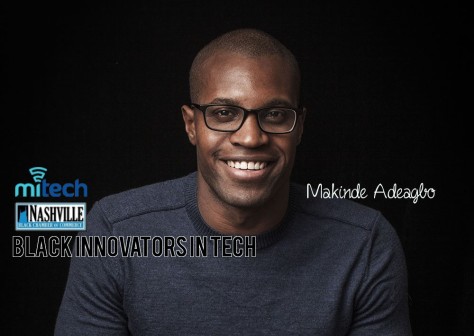
We, at Mitech Partners and the Nashville Black Chamber of Commerce, hope you have enjoyed our series of Black Inventors in Tech and Black Innovators in Technology. Our hope is that these articles have given you some insight to contributions in technology yesterday, today and tomorrow from African Americans. Although this series was a campaign during Black History Month, you’ll see other highlights from us throughout the year; especially about notable achievements in Technology and Business.
Day 28 #lastday
Woodard worked in the entertainment business until 2008 when she was recruited by a tech company in the Bay Area. She got her first computer when she was seven years old and loved technology “because it was about having the freedom to be creative and make something from your own brain and your own ingenuity. That creativity appealed to me.”
In Silicon Valley, she became immersed in the start-up community. She noticed she was always one of a very few African Americans in the room when she went to pitch events, hackathons and start-up conferences. She and her fellow Black Founders co-founders wanted to change that so they created a network of their own. Black Founders began hosting events and workshops. Soon it expanded to other cities and to historically black universities and colleges.
Today, it puts on hackathons at HBCUs where students who are interested in careers in tech and entrepreneurship spend a weekend developing software and mobile apps and connecting with tech companies.
Recently Black Founders launched a mentoring program to pair entrepreneurs with experienced founders. In 2016 Woodard says she plans to take on the dearth of funding resources for black entrepreneurs.
“Access to capital, especially at early stage is still a challenge for black founders and we’ve been thinking deeply about ways to make an impact there,” she says.
Woodard will be making an impact in another way. In January, Woodard joined 500 Startups as the venture firm and start-up accelerator’s first black investor.
“We have to diversify who’s going out there and finding companies and who’s writing the checks,” she said. “That is incredibly important. It’s hard to find black and Latino founders if you don’t have black and Latino investors on your staff.”






